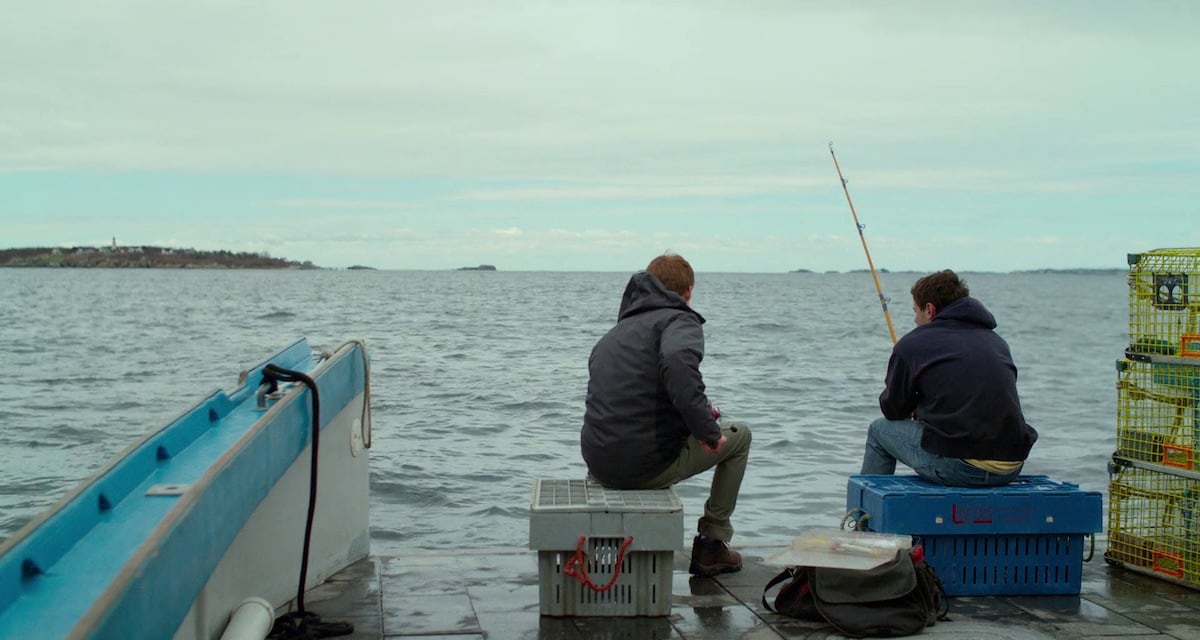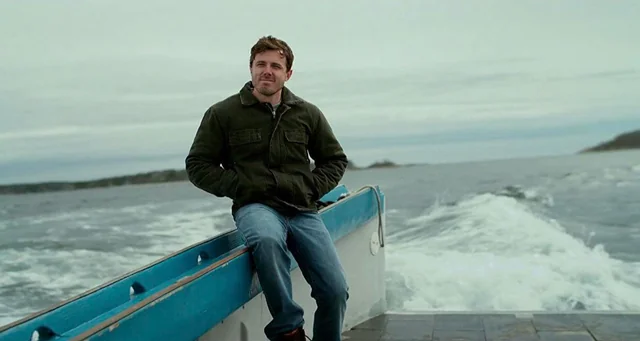Manchester by the Sea (2016)

Manchester by the Sea (2016), directed by Kenneth Lonergan, is a deeply affecting drama that explores the themes of grief, loss, and redemption with remarkable sensitivity and emotional depth. It’s a film that takes its time, allowing its characters and their pain to unfold slowly, making every moment feel earned. Anchored by a career-defining performance from Casey Affleck, the film is both heart-wrenching and quietly redemptive, leaving a lasting impact long after the credits roll.
The story follows Lee Chandler (Casey Affleck), a withdrawn and emotionally scarred janitor living in Quincy, Massachusetts. Lee’s life is upended when he receives the news that his brother, Joe (Kyle Chandler), has died of a heart attack. Reluctantly, Lee returns to his hometown of Manchester-by-the-Sea to handle the arrangements, only to discover that Joe has named him the legal guardian of his teenage nephew, Patrick (Lucas Hedges), following his death.
At first, Lee is ill-prepared for the responsibility of caring for Patrick, whose life is in turmoil following the loss of his father. Patrick, a wise-cracking, emotionally guarded teenager, seems to cope with his grief through distraction—spending time with his two girlfriends and pursuing his usual routine of school and sports. Lee, on the other hand, is haunted by his own history in Manchester-by-the-Sea. The town, which he had left years ago, is a place filled with painful memories, most notably the tragic loss of his own children and the breakdown of his marriage to Randi (Michelle Williams), a woman he still has deep, unresolved feelings for.
As Lee is forced to face his past, the film gradually reveals the heartbreaking reason behind his emotional numbness. Through flashbacks, we learn that Lee’s wife, Randi, had left him after a devastating tragedy—the accidental death of his children, an event that left him so guilt-ridden and broken that he could no longer remain in his home or community. His return to Manchester confronts him with the weight of that history, as he is forced to reckon with his past and the overwhelming grief that has shaped his present.

Casey Affleck’s portrayal of Lee is nothing short of extraordinary. His performance is restrained but incredibly powerful, capturing the quiet devastation and emotional paralysis of a man who has been irrevocably changed by tragedy. Affleck’s ability to convey such depth of feeling with minimal dialogue is a testament to his skill as an actor. Lee’s pain is palpable in every gesture, every glance, and every word that is left unsaid. It’s a performance that doesn’t seek sympathy but instead invites the audience to witness the complex nature of grief.
Lucas Hedges, as Patrick, provides a perfect counterbalance to Affleck’s subdued performance. Patrick’s coping mechanisms—joking about his parents’ divorce, juggling multiple relationships, and diving into everyday teenage concerns—are a defense against the emotional tidal wave he feels inside. Hedges’ portrayal is both funny and heartbreaking, capturing the awkwardness and confusion of adolescence while also showing the deep vulnerability beneath Patrick’s bravado. The dynamic between Lee and Patrick is a central pillar of the film, as their awkward, tentative relationship slowly evolves into something more profound, built on mutual need and unspoken understanding.
Michelle Williams appears in a brief but memorable role as Randi, Lee’s ex-wife, in one of the film’s most devastating scenes. When the two encounter each other unexpectedly in a grocery store, the rawness of their emotions is palpable, as they both face the irreparable nature of their loss. Williams delivers an emotionally charged, quietly devastating performance in this brief interaction, encapsulating the heartache and the impossibility of reconciling their past.
Kenneth Lonergan’s direction and screenplay are exemplary, blending moments of heartbreak with subtle, dark humor. The film’s pacing allows the emotional weight to build naturally, never rushing through its scenes or forcing its characters into emotional confrontations. Lonergan’s focus on the small, seemingly mundane details of everyday life—like Lee quietly chopping wood or Patrick going to school—helps ground the film in realism, making the emotional moments feel even more earned. The film’s somber tone is never melodramatic; instead, it is filled with quiet moments of reflection and tenderness, which resonate deeply.
The cinematography by Jody Lee Lipes is breathtaking, capturing the rugged beauty of the New England coast and the small-town atmosphere of Manchester-by-the-Sea. The wide, windswept landscapes and muted color palette reflect the isolation and emotional distance of the characters, while also symbolizing the possibility of healing and renewal. The film’s score, composed by Lesley Barber, further complements its emotional depth, weaving in themes of loss and hope without overwhelming the story.
Manchester by the Sea is a masterful exploration of grief in all its forms. It doesn’t offer easy solutions or quick fixes but instead shows how loss can shape us and how, in the face of overwhelming pain, there can be small moments of connection, forgiveness, and acceptance. The film’s humanity, its honesty, and its refusal to sentimentalize suffering make it an unforgettable experience.
Ultimately, Manchester by the Sea is not just about loss but also about the possibility of moving forward—however slowly, however imperfectly. It’s a film that reminds us that healing doesn’t always come in grand gestures or dramatic moments but in the quiet, day-to-day acts of survival and self-compassion. It’s a deeply moving meditation on love, family, and the quiet grace of learning to live with the past.











